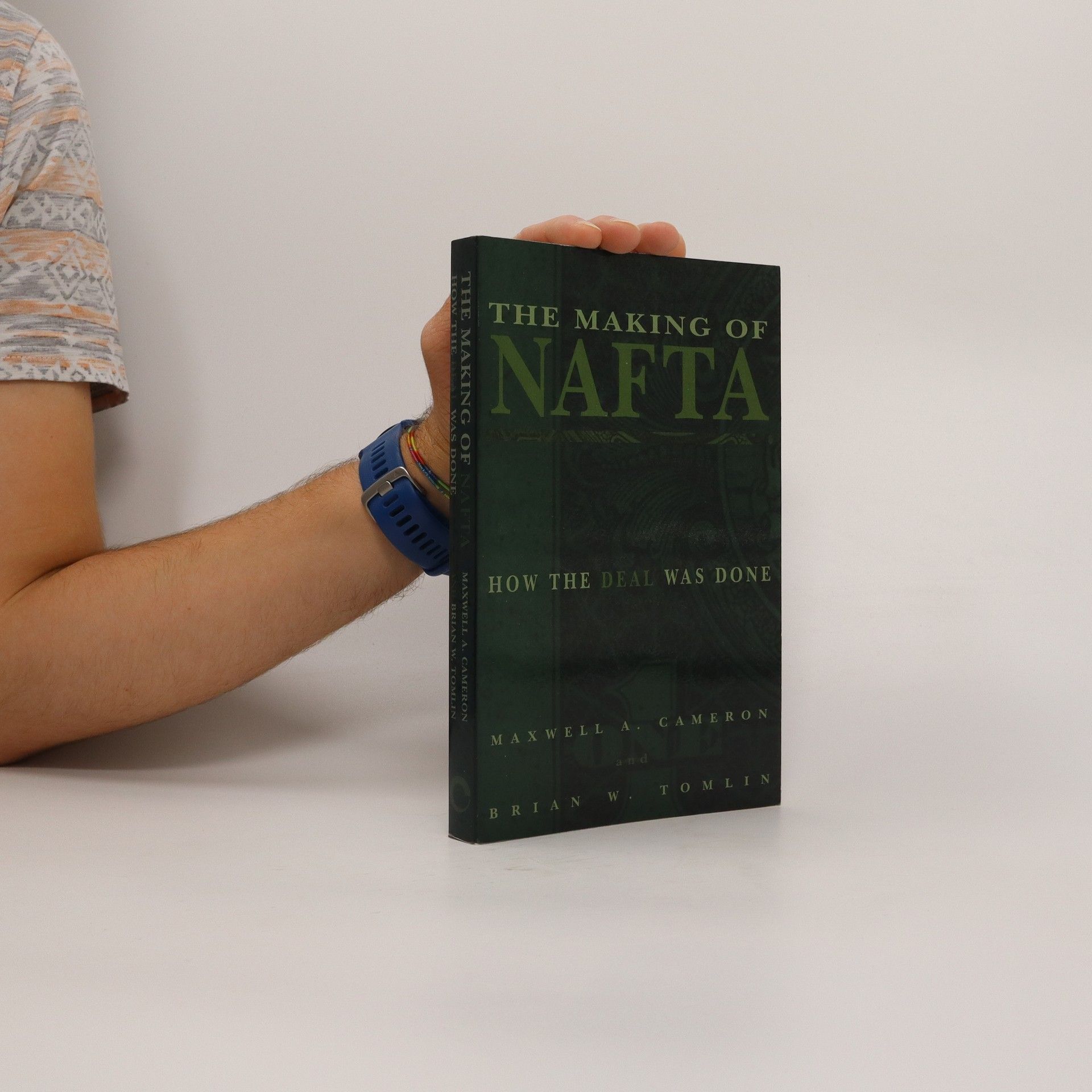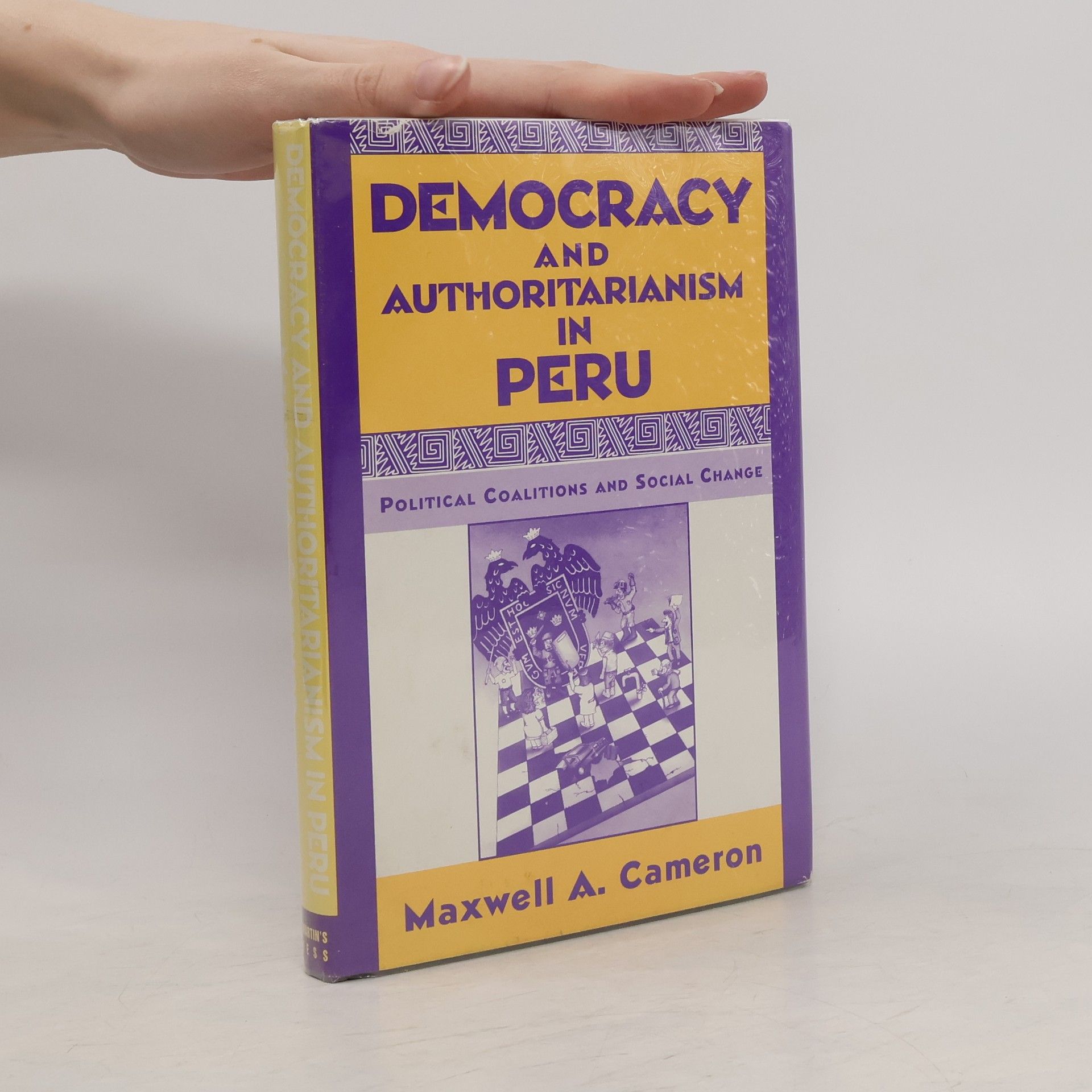Under what conditions is democracy stable? What forces undermine or reinforce democratic institutions in Latin America? This book suggests answers to these questions in the context of Peru, one of Latin America's least stable democracies. It identifies the micro and macro causes that explain the gradual breakdown of democracy in the period between the 1980 transition from authoritarian rule and the 1992 suspension of the Constitution and closure of Congress by President Alberto Fujimore. Similar 'self-coups' were subsequently threatened in Bolivia, unsuccessfully attempted in Guatemala, and actively considered in Brazil. Democracy and Authoritarianism in Peru stresses how recent changes in the class structure - particularly the informalization of the economy - created social conditions unfavorable to stable political coalitions in Peru. However, it also traces the mechanisms through which democracy has been undermined by exploring the choices and strategies of political actors in response to changing structural conditions. The book provides an analysis of the crisis of Peruvian democracy that weighs the importance of structural constraints and political choices. It is of broad interest to anyone concerned with problems of democratic consolidation.
Maxwell A. Cameron Knihy


The Making of Nafta
- 288 stránek
- 11 hodin čtení
How exactly do countries negotiate major international agreements? Until now, reliably impartial accounts of how deals are made have been rare and usually describe only one side of a multiparty process. Here, Maxwell Cameron and Brian Tomlin provide the first full, three-country account of the negotiations surrounding the controversial North American Free Trade Agreement, which went into effect on January 1, 1994. Through extensive interviews with participants from all sides, Cameron and Tomlin develop a detailed picture of the process by which the United States, Mexico, and Canada pursued closer economic relations and of the political realities that influenced the politicians and policymakers in each country. Written in an engaging and accessible style, The Making of NAFTA is a faithful account, built on insider views, of how the representatives of the three countries prepared for, negotiated, and implemented the agreement. Cameron and Tomlin show how NAFTA was influenced by the personalities and the multiple, sometimes conflicting objectives of the individuals involved. They also explore what the negotiations can reveal more generally about the making of public policy and the importance of international negotiations.